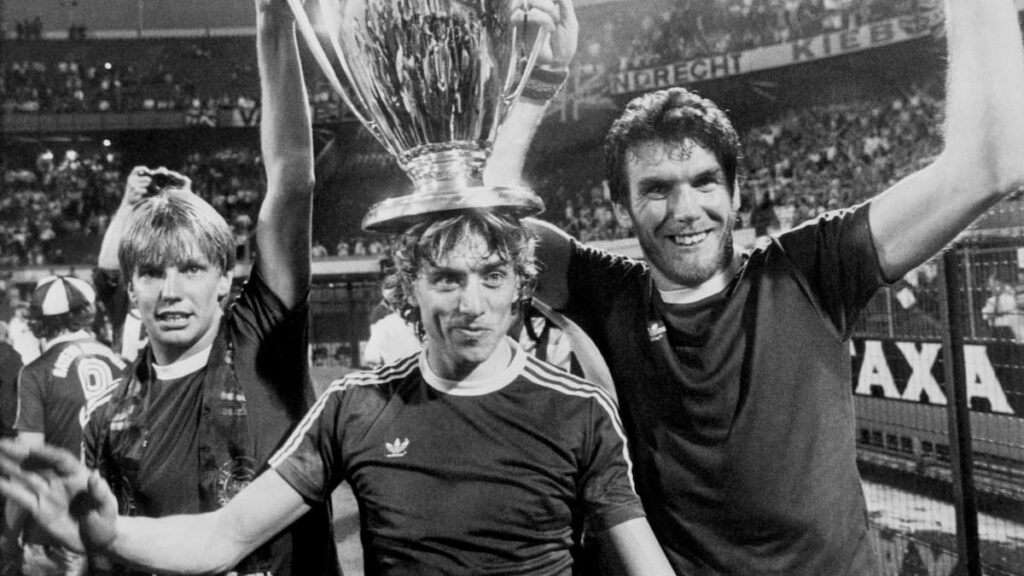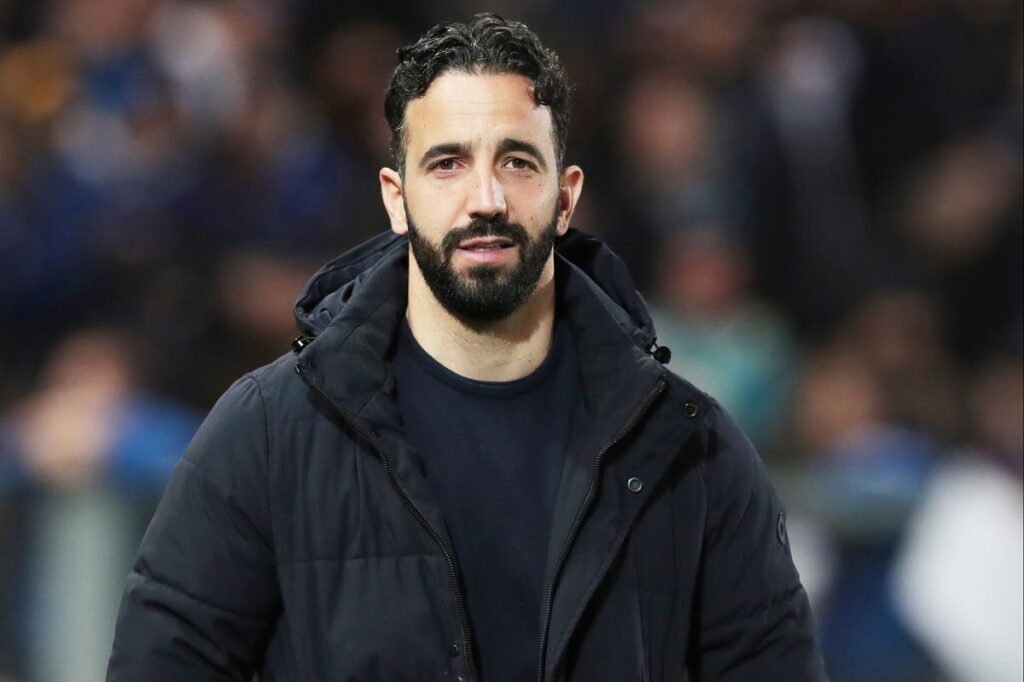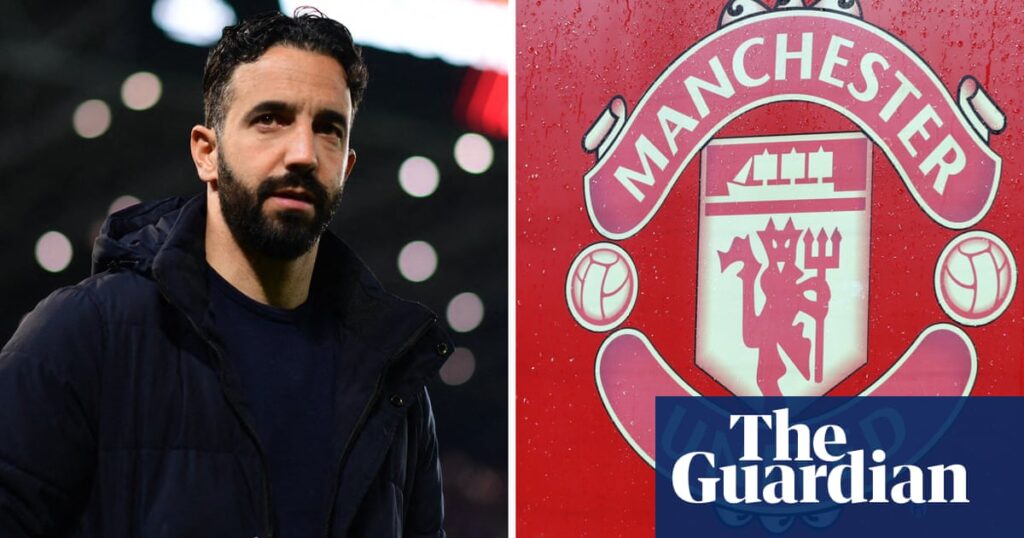
Now, however, under Unai Emery they are back in the big time. And on Wednesday (Thursday in New Zealand), in the most intriguing fixture of the elongated new system, they face Bayern Munich in a repeat of the grandest night in the club’s history. For the team that won back then, it will bring back a host of memories.
“42 years ago,” says the goalkeeper Nigel Spink. “Phew, seems like yesterday.”
What made the victory all the more remarkable at the time was how unexpected it was. Bayern had won the trophy three times in the seventies. They had in their number world class talent in the shape of Paul Breitner and Karl-Heinz Rummenigge. These were the overwhelming favourites, the expectation reflected in the bonus offered to the respective players in the event of victory: Bayern were on £10,000 a man; Villa, according to Spink, were on a quarter of that.
More to the point, midway through the season, Villa had lost the manager who had been the architect of their success in winning the league title the year before: Ron Saunders. Cantankerous, cold and humourless though he may have been, Saunders was the ultimate organiser.
“In many ways, he was ahead of his time,” reckons Morley. “For instance he got every team in the club, from the Under-15s upwards, playing in the same style, training in the same way. It meant everyone was used to the tactics, they could slot in easily.”
Not that much slotting in was required. Saunders won the 1980-81 league championship using only 14 players all year. This August, it took until just the 76th minute of Villa’s first league game of the season for his modern successor Emery to surpass that figure. Saunders’s Villa were a side in which everyone knew their role, where tactics were schooled to the point of exhaustion on the training pitch.
But in February 1982, as the European Cup was barely into its stride, Saunders left the club after a row with the board. His replacement was his chief scout Tony Barton, who, Morley remembers, left things entirely as they were.
“Tony didn’t try and change anything. He realised it was a proven success. If you like, his genius was he didn’t do nothing.”
Spink, the second-choice keeper to Jimmy Rimmer, who that season only found himself involved in first-team matters during European matches when a goalkeeping substitute was allowed (in those days in the English league just outfielder replacements could be made) recalls never once hearing Barton offer him tactical instruction. “He left it to the players,” he says.
They were a particularly united set of players, too, convinced of each other’s excellence. Not that the wider football world seemed to share that conviction. Extraordinary as it may seem now, while the Bayern side was stuffed with experienced internationals, Villa’s championship and European Cup-winning squad collected a total of only 12 international caps between them.
“It was ridiculous the way we were overlooked,” says Morley. “Actually, more than ridiculous, it was a disgrace. Gary Shaw should have had dozens of caps. Dennis Mortimer, for me, was in the top five midfielders in the game. I was voted the best left-sided player in Europe that season, and I never went to the World Cup that summer. How can that be?”
Though he insists a sense of righteous indignation did not drive the players.
“That wasn’t an incentive, it wasn’t a case of we’ll show them. Not at all,” he says. “Actually I think what really pushed us on was the fact English clubs had won the cup for the previous five years. We didn’t want to be the ones to break that sequence. We didn’t want to let the country down.”
As they went out on to the Rotterdam pitch, the Villa game plan against Bayern was a simple one, based on solid defence, combative midfield and, working on the break, a couple of wide players putting balls early into the box for the two strikers, Shaw and Peter Withe. Almost before that process could be put into action, however, Villa were obliged to make a substitution. Barely 10 minutes had elapsed when Rimmer felt his shoulder go. So unusual was a goalkeeper substitute in those days, Spink remembers watching from the bench as Rimmer left the pitch, wondering which outfielder was going to go in goal. In fact, he was sent on. And he has been dining out ever since on his response when Rummenigge’s extravagant overhead kick grazed the Villa post. Cowans had said to him “wow, do you see that?” To which Spink replied “I really don’t think I should be here.”
But, as the game progressed, whatever Bayern’s superiority, Morley found himself with far more space than he was used to back home.
“In England they worked on cutting out the pass to you,” he says. “In Europe they preferred to mark you one on one. And I loved that, loved taking on the marker and getting into space.”
Midway through the second half, after almost relentless Bayern pressure, he did just that, providing a magnificent cross which Withe converted via his shin. It is a moment encapsulated in the quotation from Brian Moore’s television commentary writ large across the front of Villa Park’s North Stand.
“Shaw, Williams, prepared to adventure down the left. There’s a good ball played in for Tony Morley. Oh, it must be! And it is!! Peter Withe!!”
Morley reckons it “the most iconic sentence in Villa’s history”.
But it was not one that was followed up. With Doug Ellis taking control of the club, the Saunders legacy was soon squandered. Within just five seasons of victory, while Bayern once more found themselves in the European Cup final (this time they lost to Porto) Villa were in the second division. And it has taken them more than 40 years to earn the chance to face Munich in European club football’s premier competition once again.
For the class of ‘82, it will be a poignant night at Villa Park on Wednesday (local time) as they witness the club they served so magnificently returning to the top table. All of the winning team have been invited along to watch as guests of honour. But three will be missing. Cowans and Ken McNaught are constrained by dementia, while last week the team’s golden boy Shaw died after hitting his head in a fall.
“I used to enjoy a drink with Gary and the conversation would always get round to the same question: who of us will go first? He had himself down as last. So there will be a lot of sadness there,” says Morley. “But also joy in seeing the Villa back where they should have been for years.”


